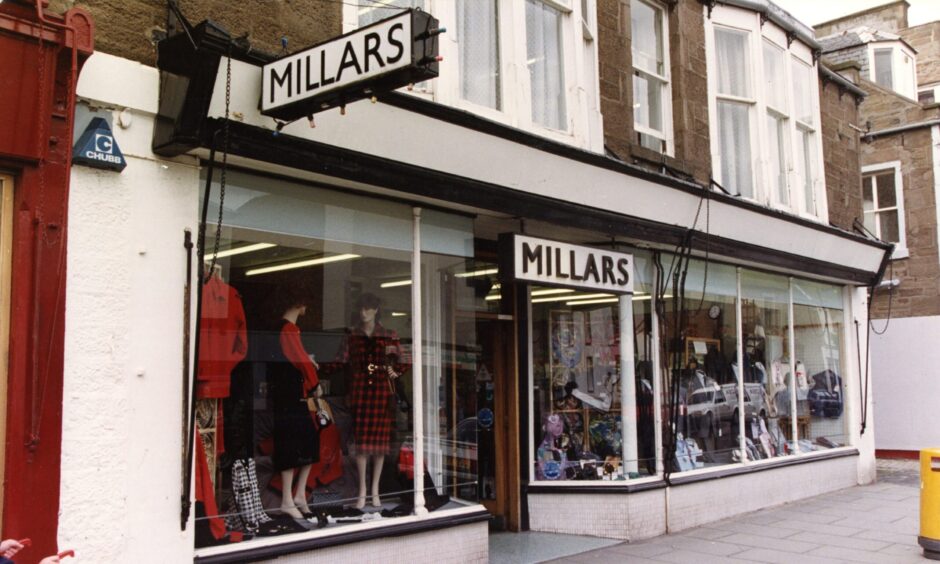
A little piece of high street history will pass away when Millars pulls the shutters down on its landmark Broughty Ferry store one last time.
The men’s clothing store on Gray Street will close on Saturday, marking the final chapter in a retail journey that began under the Millar family in 1842.
The first shop opened at Hawkhill as The Steam Power Cap and Hat Works and was owned by the first James Millar, whose occupation was “silk hatter”.
Caps were made from their own material for wholesale and retail while “every description of hats and bonnets” would be “cleaned, dyed and altered”.
The fashion for feathered hats peaked in the Victorian era.
Leghorn hats were worn with a simple plume of ostrich feathers and would be “beautifully cleaned and blocked” with “workmanship unequalled”.
Panama hats were one of the most popular pieces of headwear in 1894, while straw, chip, felt and beaver hats could be “altered to any colour or shape”.
Feathers were “cleaned, dyed and curled” by Millars.
The hat shop evolved into one of the city’s most renowned outfitters.
The Overgate, High Street at Thorter Row and the Nethergate all played host to the shops of the growing Millars business which expanded over the years.
Millars was cherished by generations of Dundonians.
It was the fourth-generation James Millar who took over in 1949 and moved to the Nethergate in 1951 where the shop became something of a central landmark in Dundee.
He also opened a store in Blairgowrie in 1957 and one in Broughty Ferry in 1962.
Nethergate shop was ideal location
His daughter, Jill Foote, shared some of her memories of Millars including the Nethergate shop where she was a Saturday girl before the buildings were swept away.
She said: “My grandfather held the reins of the business until his death in 1949, at which point my father took over, full of ideas and ambition, as younger men are.
“He took the step of moving the Overgate shop to the city centre – an ideal, busy spot at 9 Nethergate, with the old police box outside and regular long bus queues allowing window gazing, with a prime position on tram routes along the High Street and a view down Whitehall Street.
“This shop was part of my young days.”
She worked Saturdays and Christmases while still a pupil at Harris Academy.
Jill said: “Staff were loyal and the atmosphere was good.
“There was a tailor on the premises.
“Upstairs was the ready-made and made-to-measure department for suits, trousers, jackets and coats.
“A roaring trade was done in such items as Rael Brook shirts, manufactured with a new wonder-material – drip dry.
“Hang the shirt up with no ironing needed!
“The shop was busy, successful and popular.
“My father opened shops in Blairgowrie, where there was also a kilt-maker, and in Broughty Ferry, where he started ladies’ wear.
“At first this specialised in tartans, tweeds, woollens of high quality and well-known names from the Borders, such as Pringle.
“This was a new venture for the previous menswear-only business.
“But sadly the 9 Nethergate shop was on borrowed time due to the enormous upheaval in the city centre, which demolished the old Overgate, the part of Nethergate where it stood and General Monck’s house.”
The old Overgate fell victim to the relentless march of progress.
Nowadays, Primark is on the site.
Jill said: “The menswear business moved out to the end of Tay Street and continued quite successfully there, on the site that’s now student travel premises on the corner of the Nethergate.
“Sadly my father, the last James Millar, had a serious car crash in 1969, before the days of seat belts, which would have made a huge difference.
“Although he survived, he was much weakened until his death in 1985.”
Mr Millar sold the business in 1973 to a new company headed by Iain Ogg and George Forgie of Glasgow.
People of a certain vintage will remember Dorothy Taylor, who was book-keeper from 1974, and Jeannette Alexander, who did the fittings and alterations from 1976.
The late, great Dougie Sherriff, later became manager of Millars.
He was still in charge of the Gray Street shop when the business marked its 150th anniversary in September 1992 with an advertising feature in the Evening Telegraph.
The advertising feature said the firm was not content to rest on its laurels in its 150th year and was “still pushing ahead as the business keeps pace with the 1990s”.
Millars believed in ‘quality of service’
It read: “No business survives and prospers for more than a century without moving with the times.
“At Millars, however, they will concede to being ‘old fashioned’ in one single aspect alone – their belief in quality of service.
“To the staff at Millars, starting with their two directors, husband and wife Iain and Margaret Ogg, that word ‘service’ means a willingness to take time with every
customer – to do their level best to provide what that customer needs and never to
make a sale just for the sake of it.
“Theirs is a quality of service, which may, sadly, be diminishing in a business world which suddenly seems to be in too much of a hurry.
“Attentive service, articles of clothing and accessories from suppliers, who, like themselves, are so often long-established businesses, these are the hallmarks, the values if you like, of the Millars of today.
“If that’s old fashioned, then they’re proud of it.”
It was a winning formula but tragedy struck in November 1996 when Iain Ogg died.
The store was first bought by Aberdeen-based Esslemont & Macintosh in 1997 then sold to the Booth family of Arbroath-based ladies outfitters A.K. Adamson Ltd in 2000.
Many of Millars staff were kept on including Doug Sherriff and manageress Anna Garden with a third generation of the Booth family coming in to learn the business.
The Ferry shop prospered.
Responsibility for the business then passed to Jonathan Booth and it became more and more successful, including becoming the formal wear suppliers for Dundee United FC.
But nothing lasts forever.
“Difficult trading conditions” in 2019 saw Millars moved from its Gray Street store to smaller premises across the road and no longer selling children’s or women’s clothing.
The former building was converted into offices and named Millars House.
The Covid-19 lockdown and restrictions from March 2020 hit the business hard with Millars fighting a losing battle to reverse flagging consumer spending ever since.
Jonathan Booth then announced the decision to shut the store for good.
It will be a sad day when Millars finally shuts up shop.
Its closure reflects the challenges facing the high street and calls time on an era stretching back to when large feathers adorned wide-brimmed hats in Dundee.
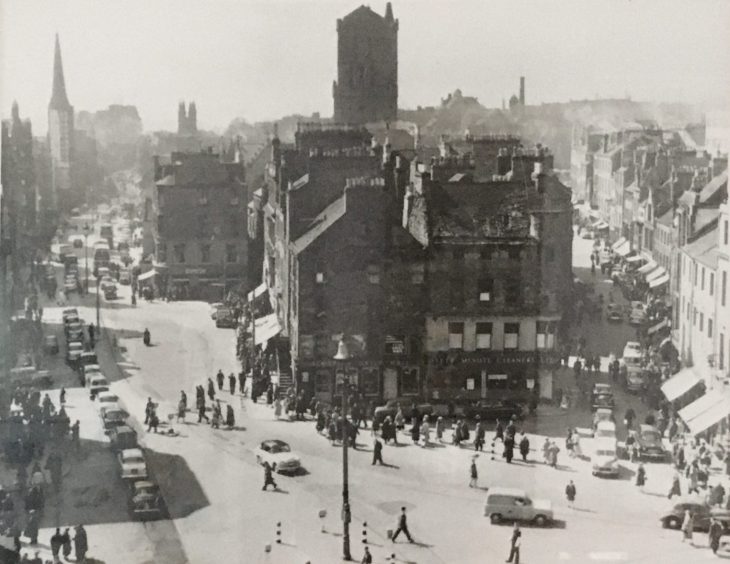
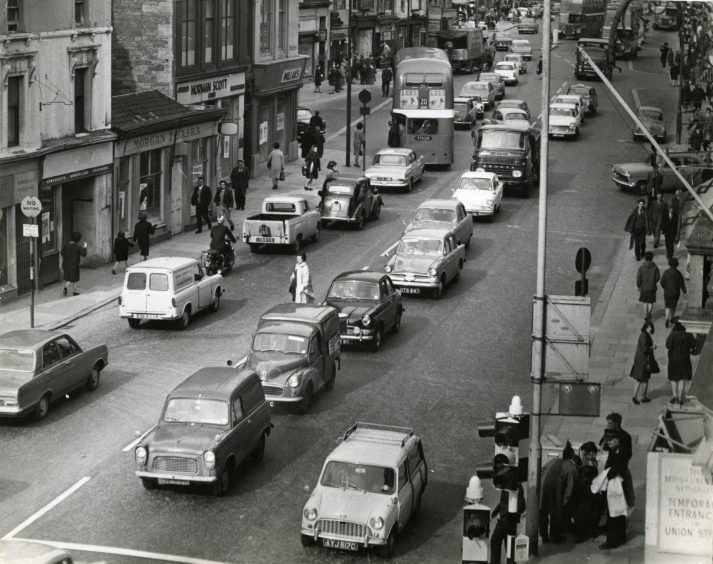
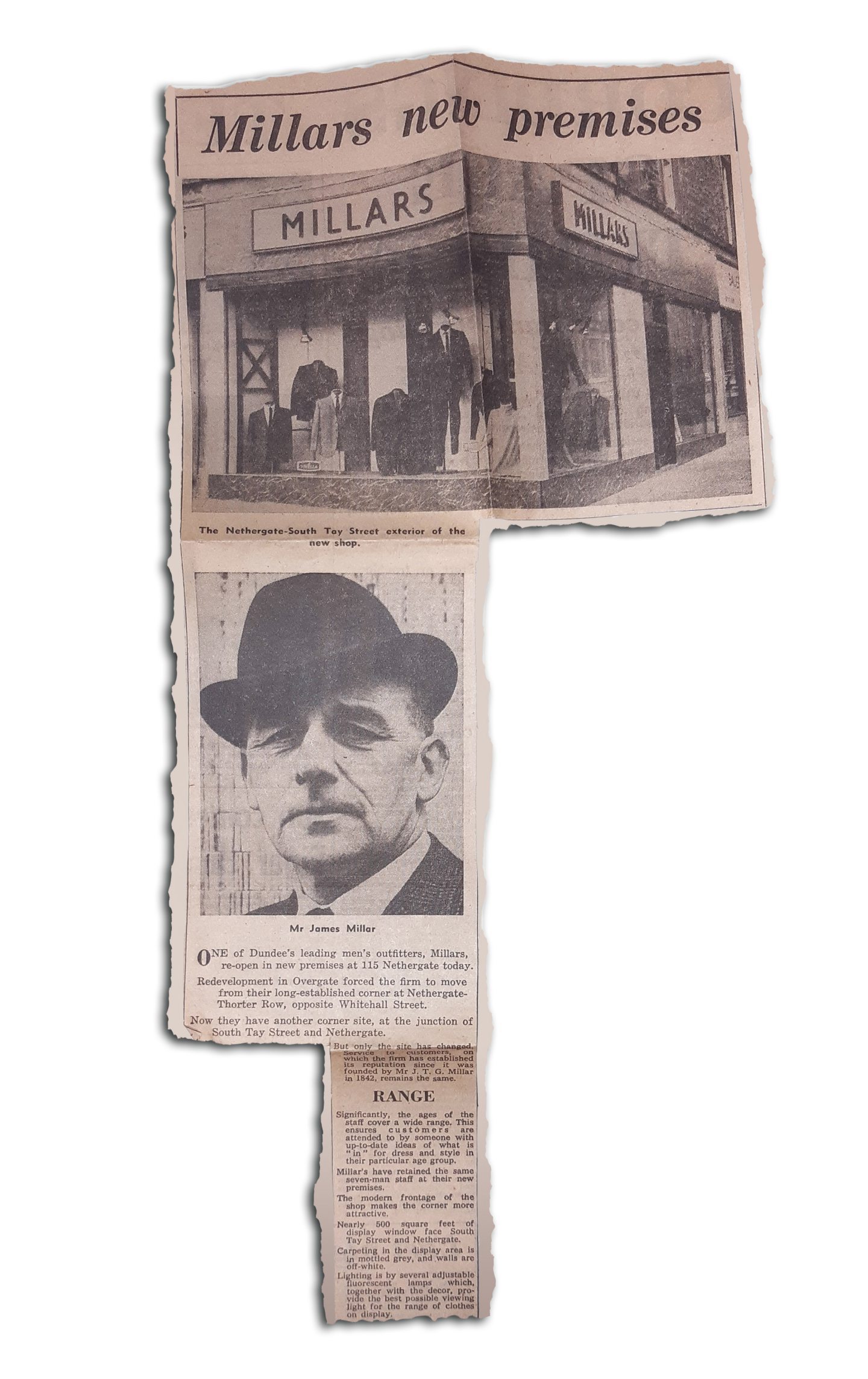
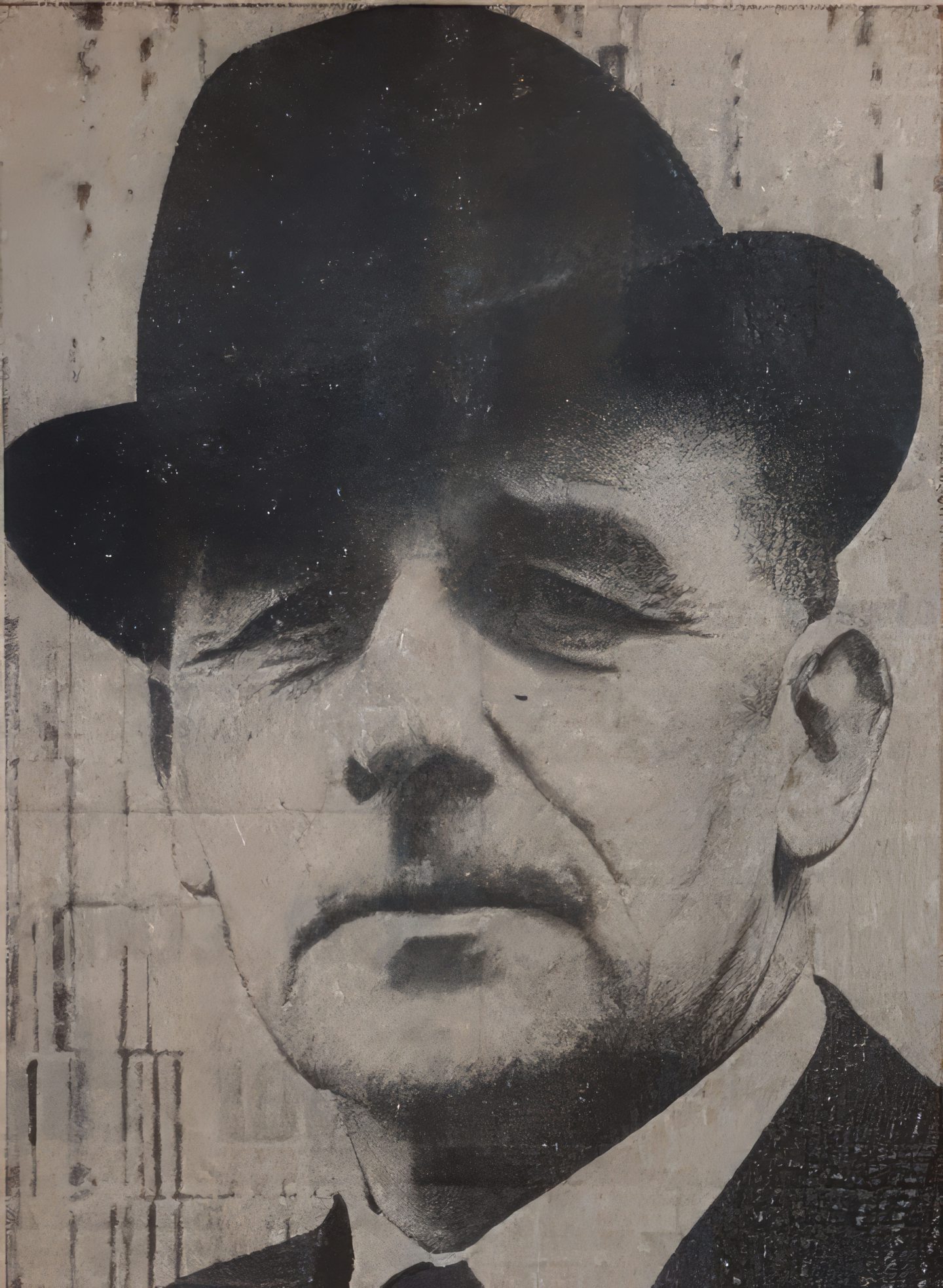
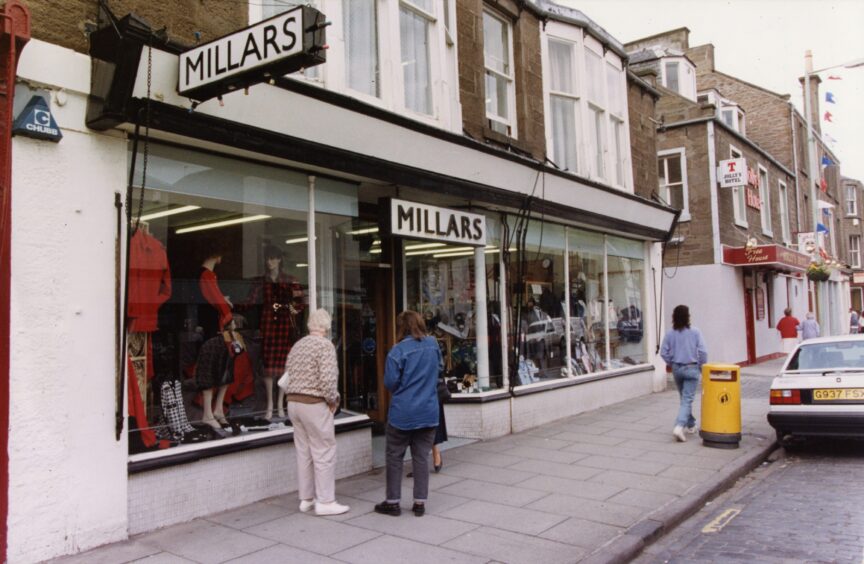
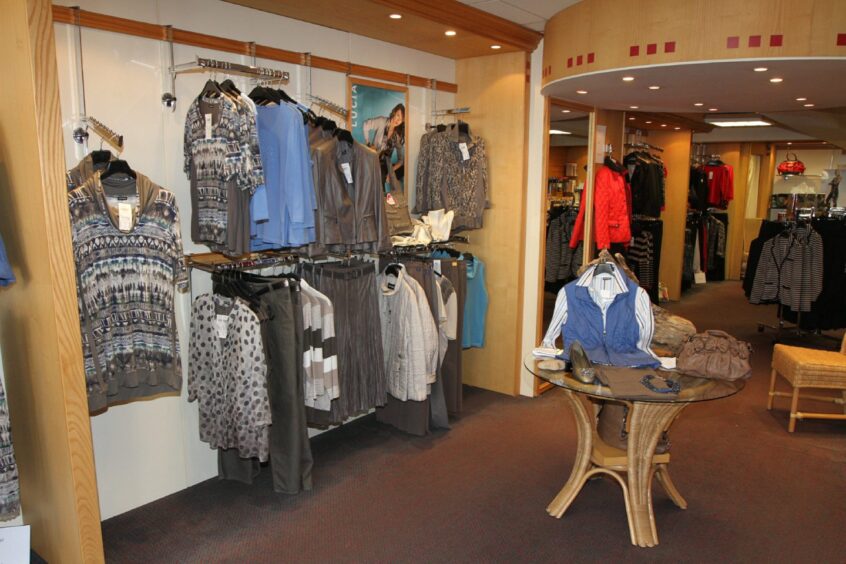
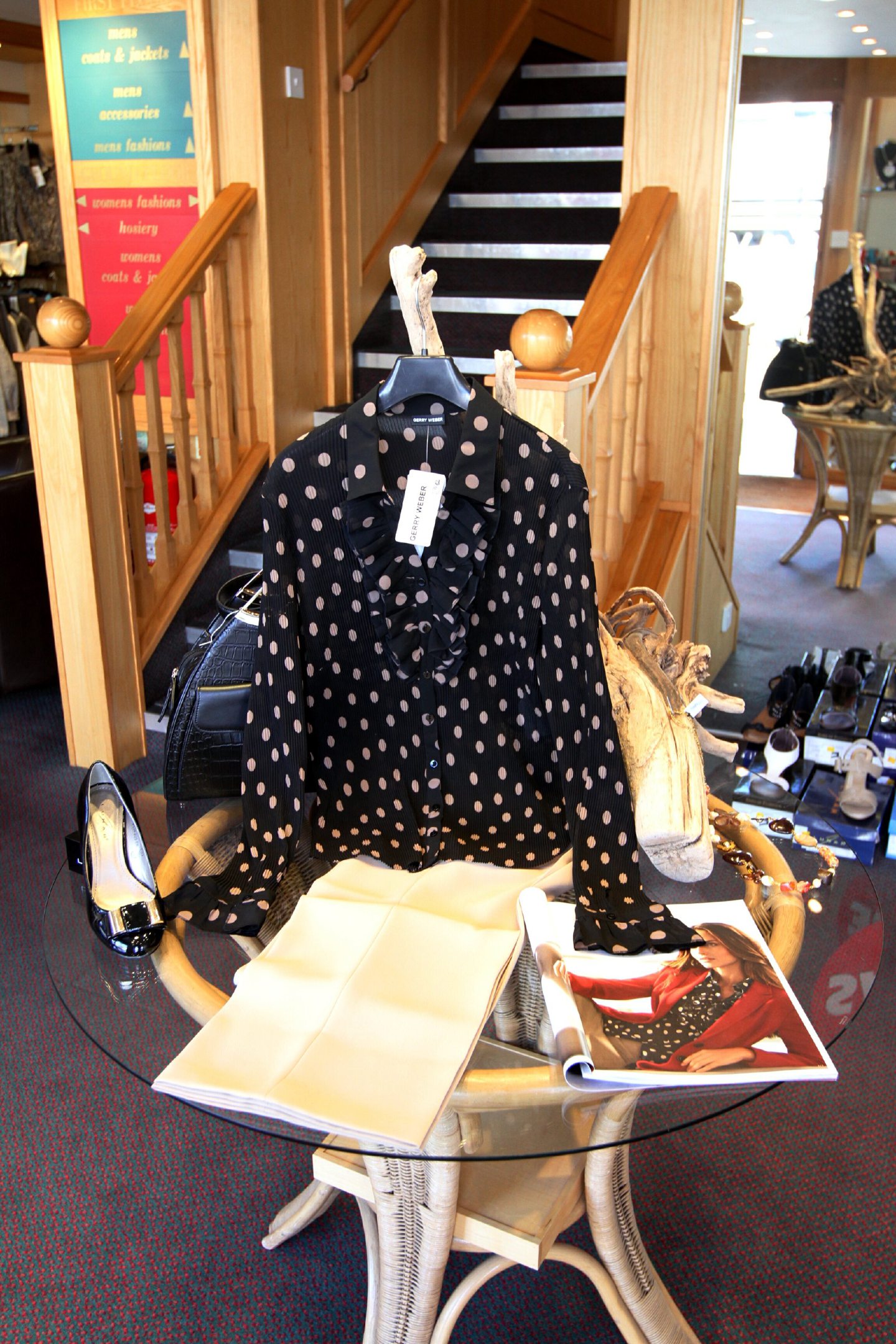
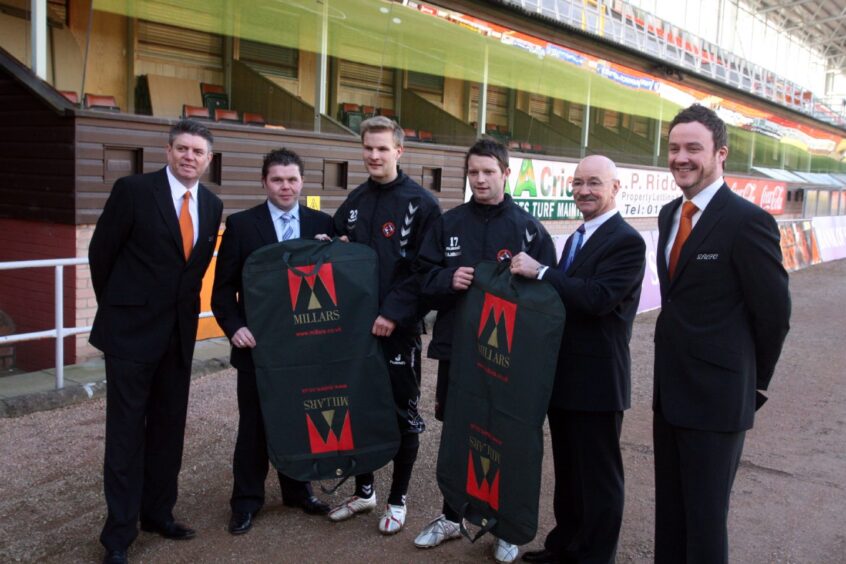
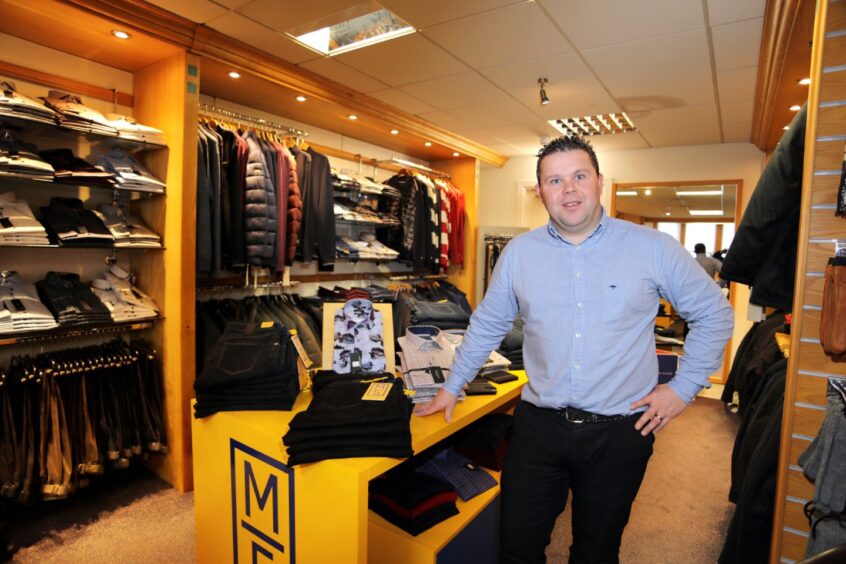
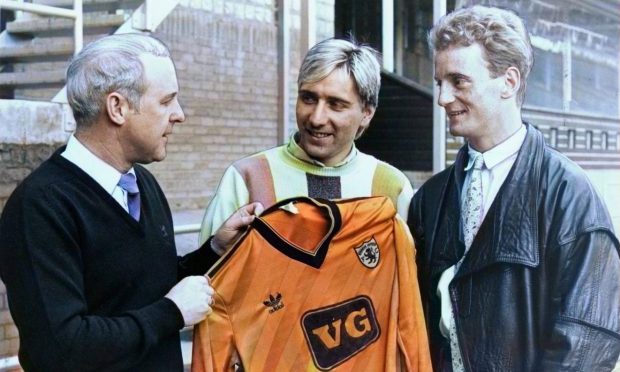
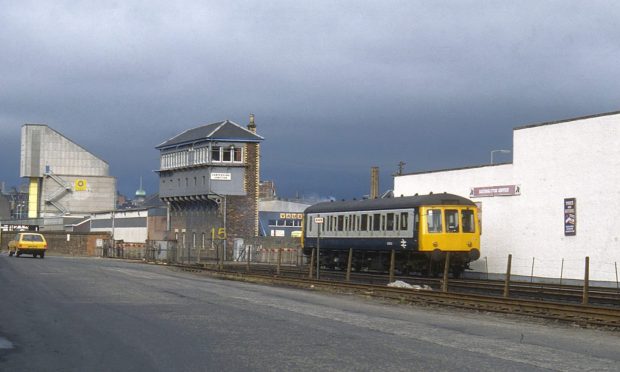
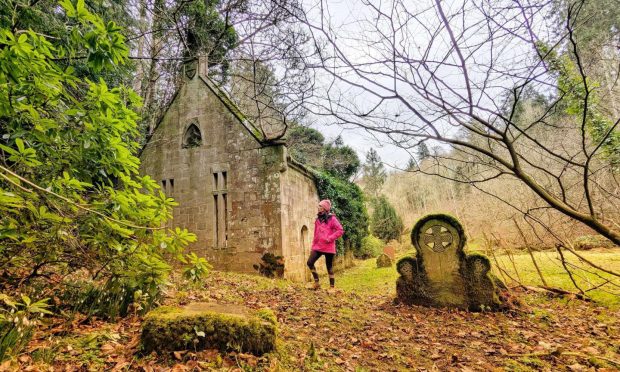
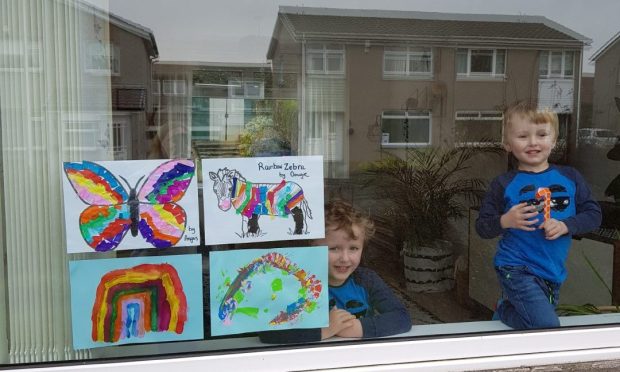
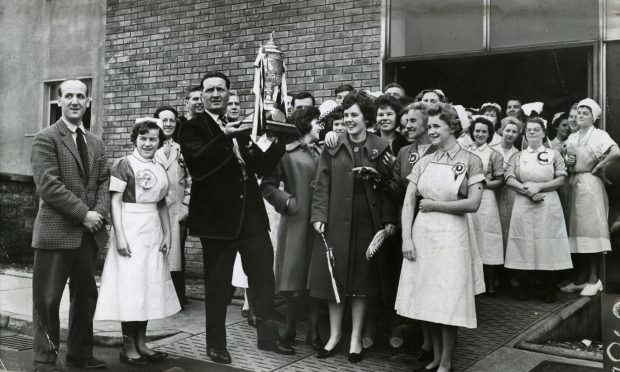
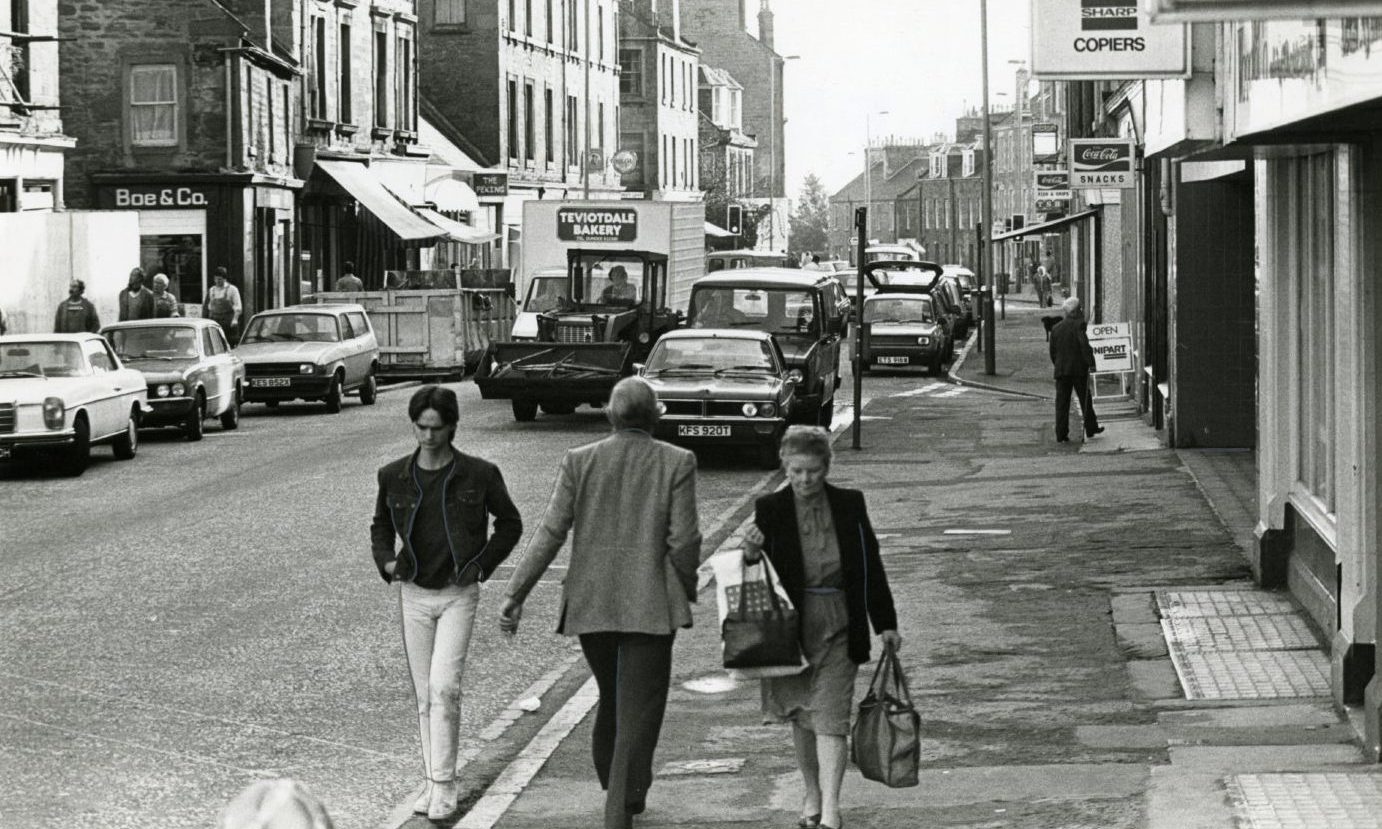
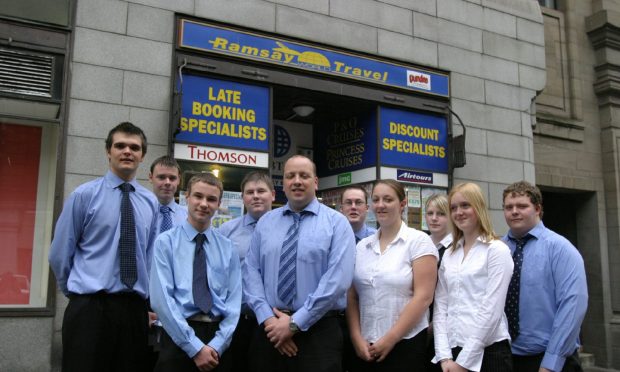
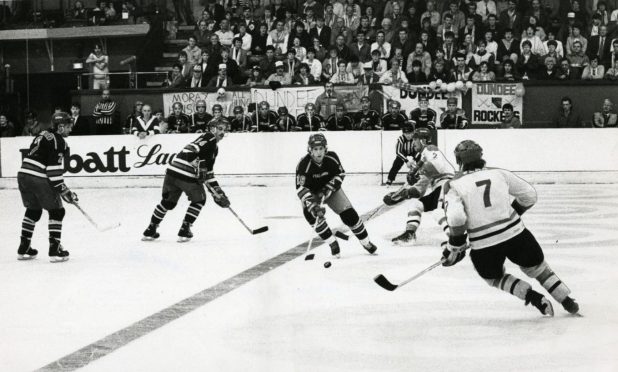
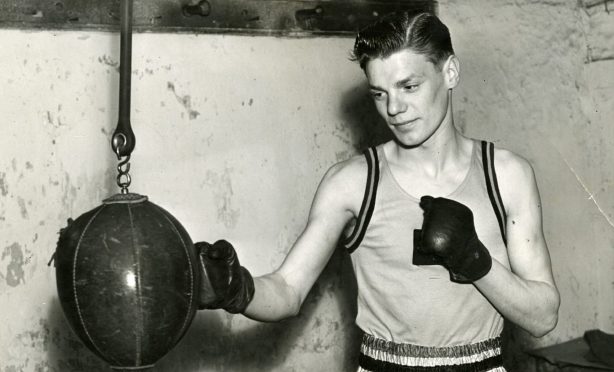
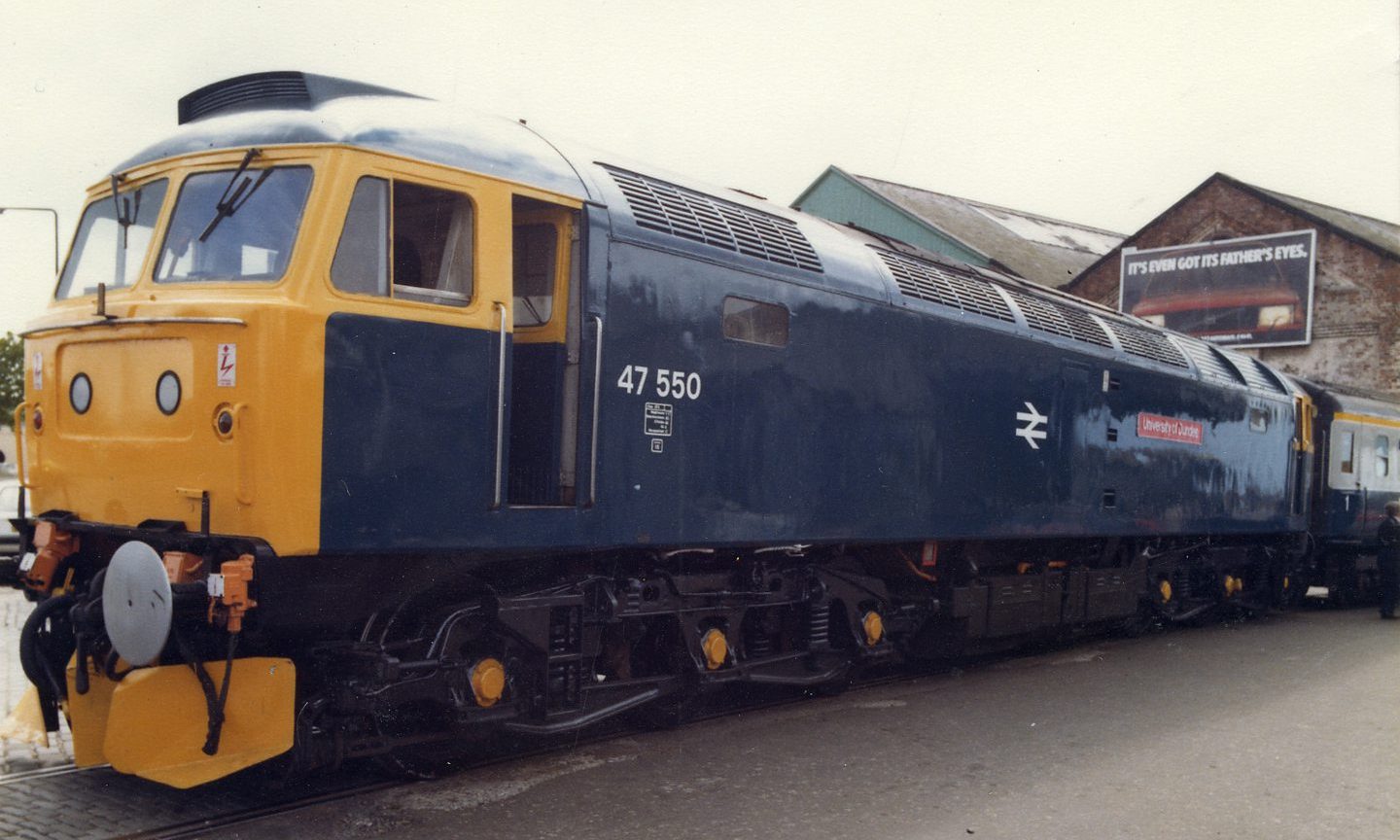
Conversation